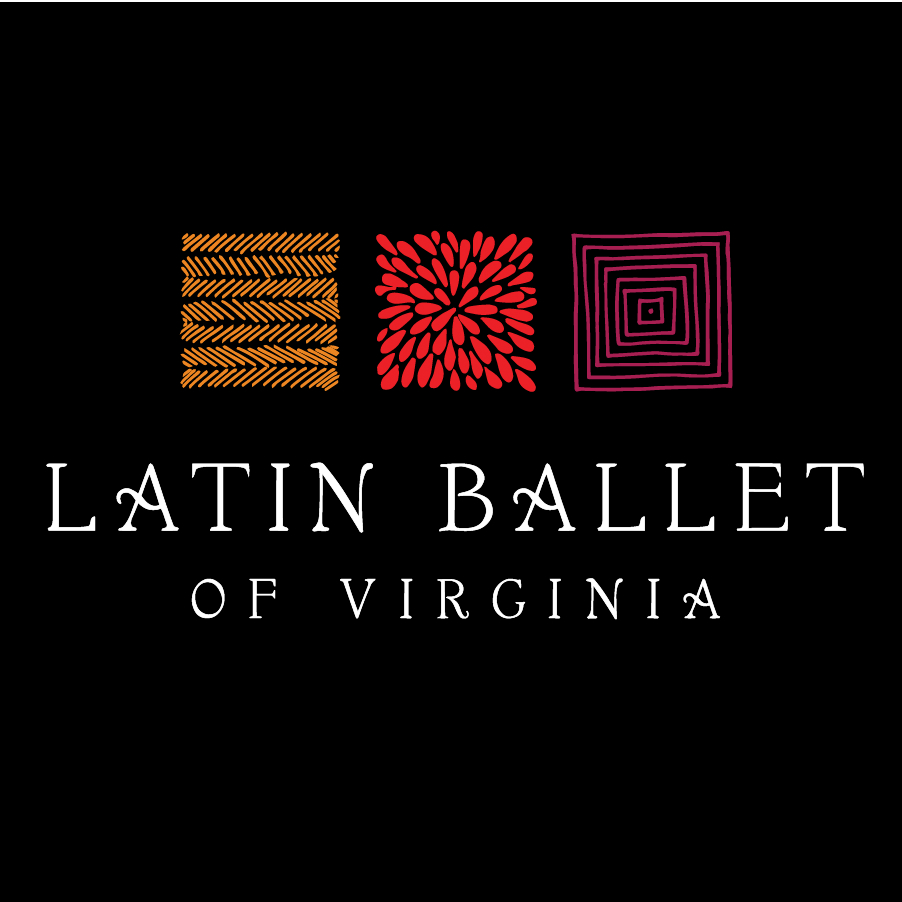I’ve seen many performances by the Latin Ballet of Virginia (LBV) over the years. Some have been fiction, some fantasy, and others, like, Victor: the True Spirit of Love, are based on fact. But this one was different. This one touched my heart and had me weeping unashamedly in my seat.
Unlike many LBV programs, this one did not have elaborate scenery, although there were larger-than-life projections of photographs from Victor Torres’ life, scenes from the documentary about his life, and background photos of buildings and cars and alleyways representing Brooklyn, NY in the 1960s. These projections were often so well integrated into the live performance that they became part of the choreography.
Rather than a range of choreography representing the Latino music and dance, heritage, and history, there were poignant selections ranging from R&B to Mambo to Christian songs and instrumental music. Some were upbeat, but all seemed carefully chosen to help carry the emotion and narrative of the story, using movement and music and very few words – so when words are used they have the utmost impact.
Victor tells the story of Victor Torres, a former gang member and drug addict and current pastor of the New Life for Youth Ministries and New Life Outreach Church, right here in Richmond, VA. But more than that, Victor is a story of redemption, of hope, of people helping people. It is a story of victory. It is about finding God, but it is not about religion. It is about faith, but it does not preach. It is about the power of a mother’s love.
It’s not so much the choreography, which is sometimes powerful but mostly quite simple. It is not so much the dancers’ technique, which is sometimes quite stunning, but sometimes uneven – involving, as it always does, both professional and pre-professional dancers and children. But the collaboration of all the elements, culminating in the surprising appearance of three graduates of Pastor Torres’ program as their recorded images and voices give testimony of their dark past and hopeful present – and shines light on their future. This is dance with a purpose that is more than just entertainment. It tells a story. It offers the possibility of healing.
Pastor Torres came onstage after Saturday evening’s performance to take questions, and to offer congratulations to the performers. Roberto Whitaker danced the role of the young Torres – bringing the man himself to tears, by his own admission. Whitaker, who I have watched grow from a promising young hip hop dancer to a versatile professional, led the company, appearing in nearly all of the twelve scenes, from a hip hop and capoeira infused fight (“The Roman Lords”) to a 1960s style jitterbug (“Rock & Roll with My Mama”) to acted and pantomimed scenes of overdosing and recovery and a lyrical dance duet of faith with his savior. Artistic director Ana Ines King danced the role of Victor’s mother, Layla, and with her usual enthusiasm moved from mambo (“It is Mambo Time!”) through ballet, modern, and lyrical (“The Power of Mother’s Love” and “La Esperanza/Our Only Hope”), with an extra dose of drama (going into her prayer closet, and running to the rooftop to save her beloved son from being tossed off by gang members).
Teri Buschman and Marisol Cristina Betancourt Sotolongo made beautiful angels, while DeShon Rollins wore white as the spirit of hope and the saving grace of love. The scenes featuring four of the company’s men were powerful and beautiful, whether they were fighting or creating a smoke-filled, surrealistic scene of drug-fueled gang activity. This production would be a valuable contribution to the programs of churches, community centers, and youth agencies. I’ll just close with the words of the final selection, “Si Dios ama a un rebelde como yo, todo es possible/if God can love a rebel like me, anything is possible.”
Julinda D. Lewis is a dancer, teacher, and writer who was born in Brooklyn, NY and now lives in Eastern Henrico County.
